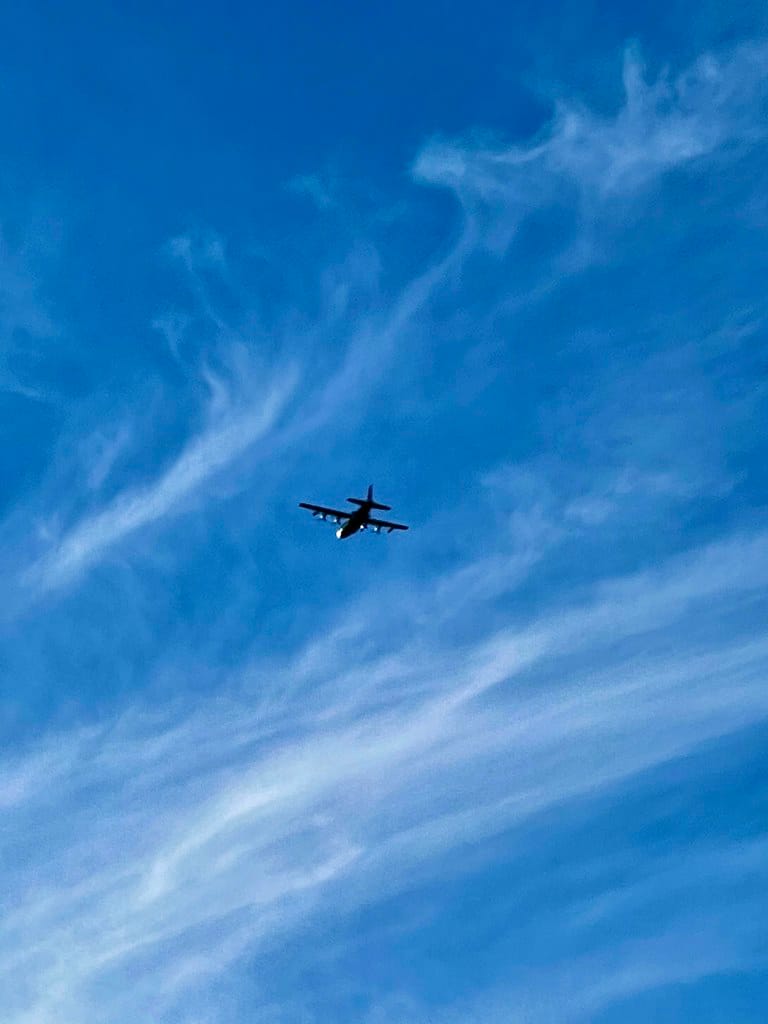Boeing's $81 Million Rollercoaster: How a Trade Secrets Verdict Survived Legal Whiplash
The courtroom drama surrounding Boeing's $81 million trade secrets verdict reads like a legal thriller – complete with shocking reversals, corporate espionage allegations, and a final twist that left industry watchers stunned. After being overturned on appeal, the massive judgment has been reinstated, marking one of the most volatile intellectual property cases in recent aviation history.
The Original Battle: Stolen Secrets and Shattered Trust
The saga began when Boeing accused a former employee and their new employer of stealing critical trade secrets related to advanced aircraft manufacturing processes. The technology in question involved proprietary methods for composite material applications – innovations that Boeing had spent years and millions developing to maintain its competitive edge in the aerospace industry.
In the initial trial, evidence painted a damning picture of corporate espionage. Internal communications revealed systematic attempts to access and transfer Boeing's confidential information, including detailed manufacturing specifications and cost-reduction strategies that formed the backbone of Boeing's operational efficiency.
The jury was convinced. They handed down an $81 million verdict that sent shockwaves through the aerospace sector, serving as a stark warning about the consequences of trade secret theft in an industry where technological advantages can be worth billions.
The Appeal: Victory Turned to Defeat
Boeing's celebration was short-lived. On appeal, the verdict was overturned on procedural grounds, with the appellate court citing issues with jury instructions and the admission of certain evidence. Legal experts noted that trade secret cases often face scrutiny on appeal due to their complex technical nature and the high burden of proof required to demonstrate both theft and damages.
The reversal was particularly stinging for Boeing, which had invested heavily in the litigation while simultaneously facing other high-profile legal challenges related to the 737 MAX crisis and various regulatory issues. The company's intellectual property team found themselves back at square one, with their hard-fought victory reduced to a legal footnote.
The Reinstatement: Justice Restored
In a dramatic turn of events, the verdict has now been reinstated following further legal proceedings. The reinstatement came after Boeing's legal team successfully argued that the appellate court had misinterpreted key aspects of trade secret law and that the original jury had properly considered the evidence presented.
This latest development represents more than just a financial victory for Boeing – it reaffirms the strength of intellectual property protections in the aerospace industry. The $81 million award reflects not only direct damages from the theft but also the broader economic impact of losing proprietary manufacturing advantages in a highly competitive global market.
Industry-Wide Implications
The Boeing case has become a bellwether for how courts handle trade secret disputes in technology-intensive industries. With the average trade secret theft case resulting in damages of $15-20 million, Boeing's $81 million verdict represents the upper echelon of intellectual property awards.
The verdict's survival through multiple legal challenges sends a clear message to aerospace companies about the importance of robust trade secret protection programs. Industry analysts note that this case has prompted many firms to review their employee departure protocols and strengthen their confidential information safeguards.
The Broader Context of Corporate Espionage
Boeing's legal victory comes at a time when trade secret theft is estimated to cost American companies between $225-$600 billion annually. The aerospace and defense sectors are particularly vulnerable due to their heavy reliance on proprietary technologies and the high value of their innovations in global markets.
Recent FBI data indicates that trade secret theft cases have increased by 25% over the past five years, with former employees being involved in approximately 60% of incidents. The Boeing case exemplifies how insider threats can pose the greatest risk to corporate intellectual property.
Looking Forward: Lessons for Corporate America
The reinstatement of Boeing's $81 million verdict establishes important precedents for trade secret litigation. It demonstrates that courts are willing to uphold substantial damages when companies can prove systematic theft of valuable proprietary information.
For businesses across all sectors, the Boeing case underscores the critical importance of treating trade secrets as valuable corporate assets worthy of legal protection. Companies that invest in comprehensive intellectual property strategies – including employee training, exit procedures, and monitoring systems – position themselves to successfully defend against theft and secure meaningful remedies when violations occur.
The Boeing verdict's survival through multiple legal challenges proves that when trade secret theft is properly documented and prosecuted, the courts will provide meaningful recourse – even when the stakes reach into the tens of millions of dollars.

